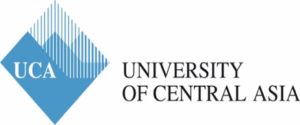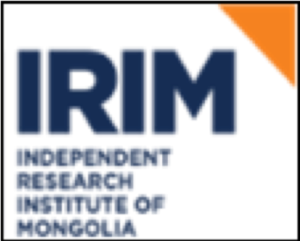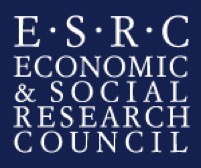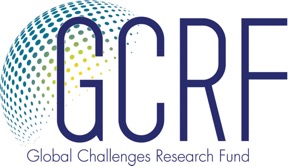Capacity Building at -30°
When temperature dip below -30° C in Ulaanbaatar, the city’s residents will inform you that winter is beginning. This last week in the capital city, according to locals, autumn finally ended. While the Gobi Framework is only midway through Stage One of six, our Mongolian team is making extraordinary headway. Closely-spaced rounds of fieldwork are underway around the Oyu Tolgoi mega-mine in Khanbogd, near the Chinese border. Co-Investigator Byambabaatar “Byamba” Ichinkhorloo and his team of four research assistants have been busy with interviews, transcription, translation, and coding.
Byamba is an experienced researcher and project coordinator, and under his direction the RAs are honing their qualitative research skills. The Oxford team helps out where we can. Last Wednesday, sitting in our makeshift headquarters—an Airbnb with a desk—Oxford Co-Investigator Ariell Ahearn gave a crash course in interview coding and the principles of qualitative data analysis. Learning to separate signal from noise, noticing what’s present as well as what’s absent in a conversation—these were the sorts of interpretive skills discussed before Ariell and the RAs set out to develop a codebook for the eighty-odd interviews gathered in October in Khanbogd.
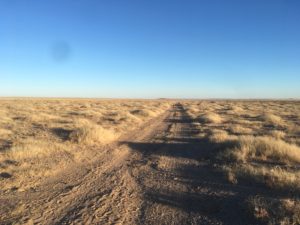
As the project moves forward, the workflow of our Mongolian colleagues advances in tandem. While Byamba is now honing his mentees’ data collection skills, he’ll soon be coaching analysis and writing. The success of this capacity building is hardly incidental to the development of the Gobi Framework—we hope that this next generation of Mongolian interdisciplinary researchers will play a central role in mediating conflict and establishing relationships of trust between government, citizens, and corporate interests.
Happily, it seems the capacity-building element of our work extends even beyond our immediate colleagues. At a presentation last week at the American Center of Mongolian Studies, roughly 30-40 people gathered from around Ulaanbaatar to hear Ariell, Byamba, and I discuss the Gobi Framework, answer questions, and receive input. After our talk, many audience members hung back to introduce themselves. The majority were young adults just getting their start in the professional world. The people we spoke to worked in mining, sustainable finance, GIS and spatial analysis, among other industries. Most were Mongolian, and all were excited about our project, eager connect and to learn more. Many were especially interested in the Gobi Framework as a mediation model indigenous to Central Asia by design. Mongolians have grown rather tired of being grouped in with the rest of the “Global South.” I’ve spoken to some who feel as though the international development community trades conflict resolution techniques like baseball cards. (For example, Mongolian artisanal and small-scale mining laws were imported largely unchanged from South America.) Given this context, the idea of a specifically regional mediation model was enthusiastically welcomed.
In the shadow of this excitement is a growing disillusionment with the development trajectories prescribed by the West. Decades of economic liberalization and structural adjustment have fed a growing skepticism among younger Mongolians. A young colleague of ours spoke of a delegation of Kyrgyz policymakers who had travelled to Mongolia to study the “Mongolian” development model. She told us this story with no small amount of self-deprecating humor, but the story conveys a serious shift away from the impeachable Washington Consensus. Evidently the Kyrgyz found it preferable to study a flagging economy in the same regional context than to build a development model from an archetypal nation thousands of miles away. The strength of this regional identity in Central Asia is the building block of the Gobi Framework, and has been warmly received from Mongolians who are skeptical of “global” models of conflict resolution.
In light of this, capacity building becomes central to the success of the Framework. By the time this project is completed, a team of Mongolians will have implemented the Framework in a new Mongolian context and will have advised their counterparts in Tajikistan and Kyrgyzstan on how to do the same. From the Oxford perspective, we hope to be harbingers of our own irrelevance.

